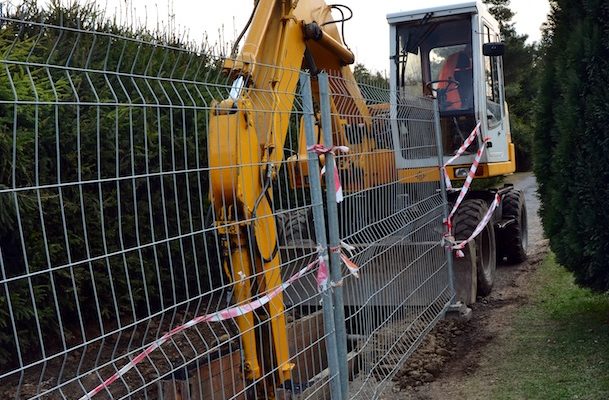By Marc Kovac, staff writer
Published: May 9, 2017 3:50 PM
COLUMBUS – The Ohio House launched hearings Tuesday on legislation that would give local communities discretion on whether to follow the state’s prevailing wage law on public works projects.
Backers of HB 163 and companion legislation in the Ohio Senate say the proposal stops well short of an outright repeal, as has been attempted in the legislature in past sessions.
Instead, Rep. Kristina Roegner (R-Hudson) said, it would give affected local governing authorities the power opt out of “state-mandated wage” requirements.
…
But Democrats on the Economic Development, Commerce and Labor Committee voiced concern about the bill Tuesday. Rep. Thomas West (D-Canton) questioned whether the bill would lead to fewer jobs, lower wages and more people needing public assistance.
“Is this bill worth losing billions of economic activity…?” he asked.
And Rep. Michele Lepore-Hagan (D-Youngstown) asked whether it would be more appropriate to increase local government funding.
Union groups also do not support the change – according to the Ohio State Building & Construction Trades Council, Ohio’s prevailing wage law “protects and preserves local area wages on federal and state construction projects. It guarantees that workers are paid fairly.”
Matt Szollosi, executive director of the Affiliated Construction Trades of Ohio, who attended Tuesday’s hearing, said his group is “adamantly opposed” to the legislation.
“Based on data that we have from a recent study that was commissioned and completed by professors at Kent State University, Bowling Green State University and Colorado State University, a severe weakening or repeal of prevailing wage would result in construction workers’ incomes being reduced by 16 percent and would push a significant percentage of construction workers below poverty level and onto public assistance,” he said.






